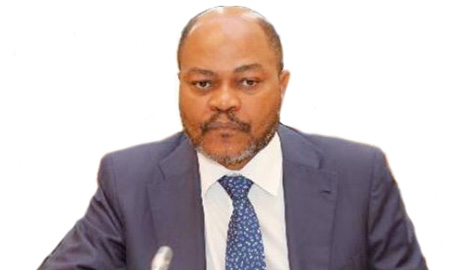Angola’s mineral and oil reserves have helped move the nation to the forefront of African politics, but it is now making an increasingly important impact on the international stage.
The country has become a major power within African politics, using its resources to power both social and industrial change.
Following the international economic crisis in 2008, the country has since rebounded with booming exports and a series of bilateral trade agreements.
One of Angola’s major partnerships has been with European powerhouse Germany.
In 2012, the African nation increased its exports to the country by 55% on the previous year, up to 391 million euros. Petroleum has been a key driver, worth 294 million euros in 2012 alone, along with crude oil and natural gas, while products going in the opposite direction consist of motor vehicles, machinery and engineering products.
Building up a trading relationship with Germany has helped Angola grow economically – it is the third biggest African trade partner south of the Sahara – and also politically.
Chancellor Angela Merkel has already visited the country to meet Angola’s government.
In addition, in February the Federal Chancellor’s G8 Personal Representative for Africa, Günter Nooke, travelled to Luanda along with various German business owners to explore opportunities. The visit strengthened political dialogue and came as Angola negotiated a credit line of $1.7 billion for German investments in Angola through Commerzbank.
“Germany is a very important country for the world, an economic leader in Europe; it is a country whose role we cannot ignore”
Georges Chikoti, Minister of External Relations |
Such commitments have also been helped by developments such as the German-Angolan Binational Commission to improve security, economic and energy policies.
The two countries also held their fifth German-Angolan Economic Forum in June 2013, organised by the German-African Business Association and held in Angola.
For Georges Chikoti, Angola’s Minister of External Relations, strengthened ties will help Angola power further economic expansion and grow its presence on the international stage.
“Germany is a very important country for the world, an economic leader in Europe and the third largest economy in the world – it is a country whose role we cannot ignore,” Mr Chikoti says.
Angola is also keen to use international relationships to help broaden its economic base. Oil is a vital business for the African nation, but the country wants to diversify its industries and sees new relationships with global economic powers as a key way of developing.
It is a view shared by José Manuel Barroso, President of the EC. “For Angola, it is evidently about exploring its exceptional economic potential transparently but also diversifying the economy to reduce dependence on oil, which represents 95% of export revenues and over 70% of tax income,” he says.
Building up international relations will allow further economic growth, as well as improved infrastructure.
Abraao Gourgel, Minister of Economy, believes Angola’s links with Germany will improve micro, small and medium-sized business developments, along with driving cooperating on construction projects such as bridges and roads.
For Mr Chikoti, expanding the country’s economy through strengthened international relations has been one of the government’s key priorities to ramp up living standards.
“In the partnerships we have attempted to seek the possibility of creating more growth within the country so that we can reduce the rates of poverty in a significant way,” he explains. And by continuing to build relationships, the nation is set to not only expand its economy but also improve living standards for all Angolans.

0 COMMENTS